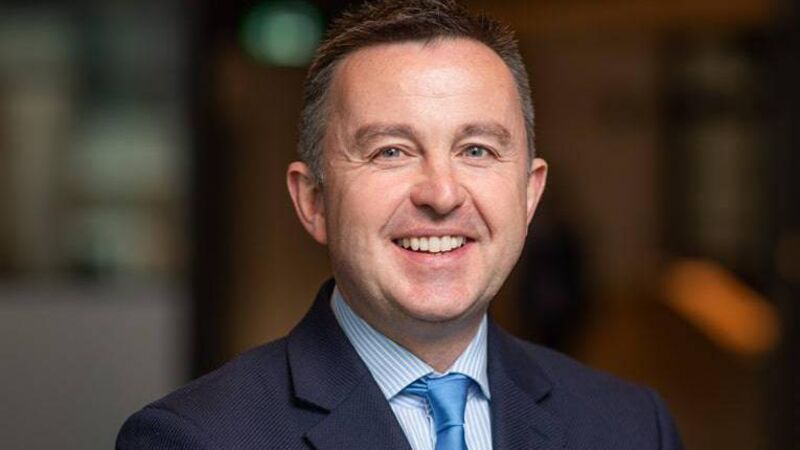Banks defend soaring profits after '10 years of dulled profitability'

Brian Hayes, chief executive of the BPFI, said banks are more profitable due to their reliance on interest rate income as well as taking on customers and loans from Ulster Bank and KBC.
Representatives of the main Irish banks have defended their increasing profits on the back of rising interest rates claiming the sector has been through “10 years of dulled profitability”.
Today, representatives from AIB, Bank of Ireland, Permanent TSB as well as the Banking and Payments Federation (BPFI) appeared before the Oireachtas Finance Committee.












